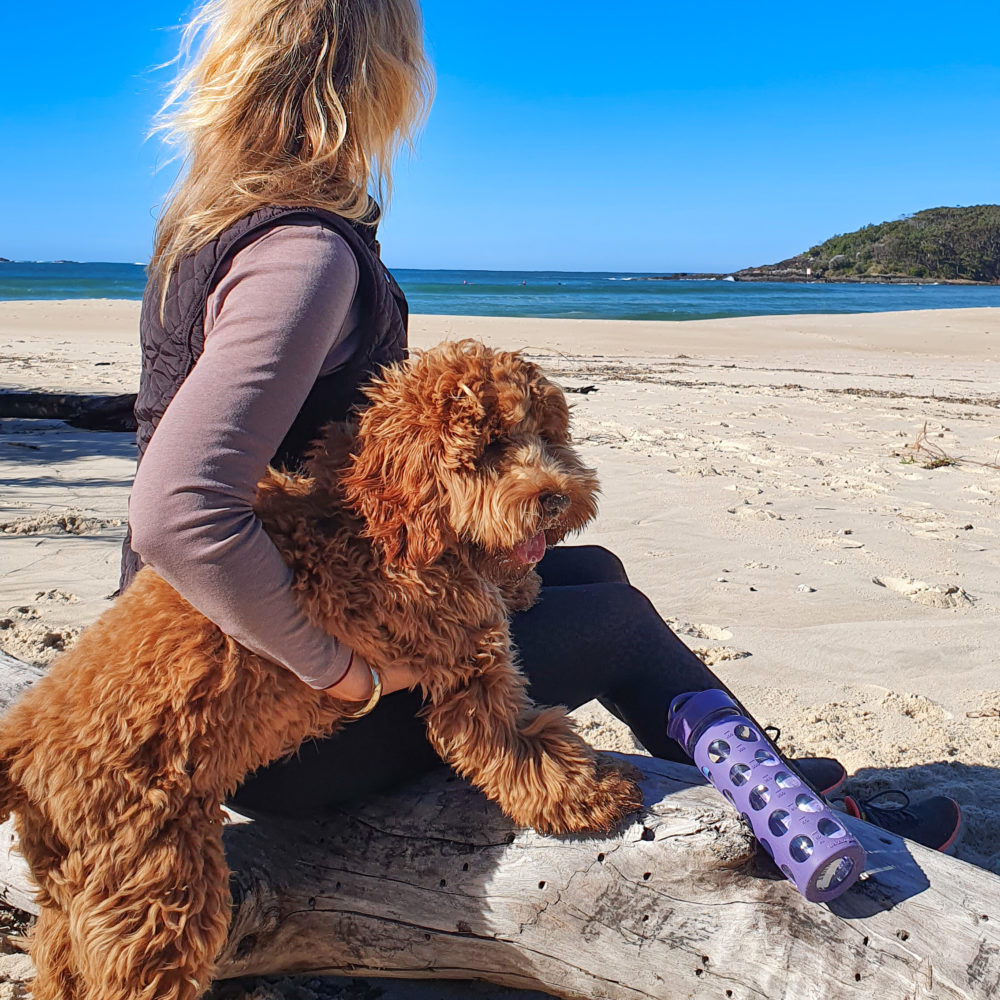
Planning on travelling Australia with your dog? We asked Dr Tania, travelling veterinarian from Vet in a van for her advice on all things travel and what we need to consider before you leave home as well as while travelling on the road with your fur-baby. Here’s her top tips –
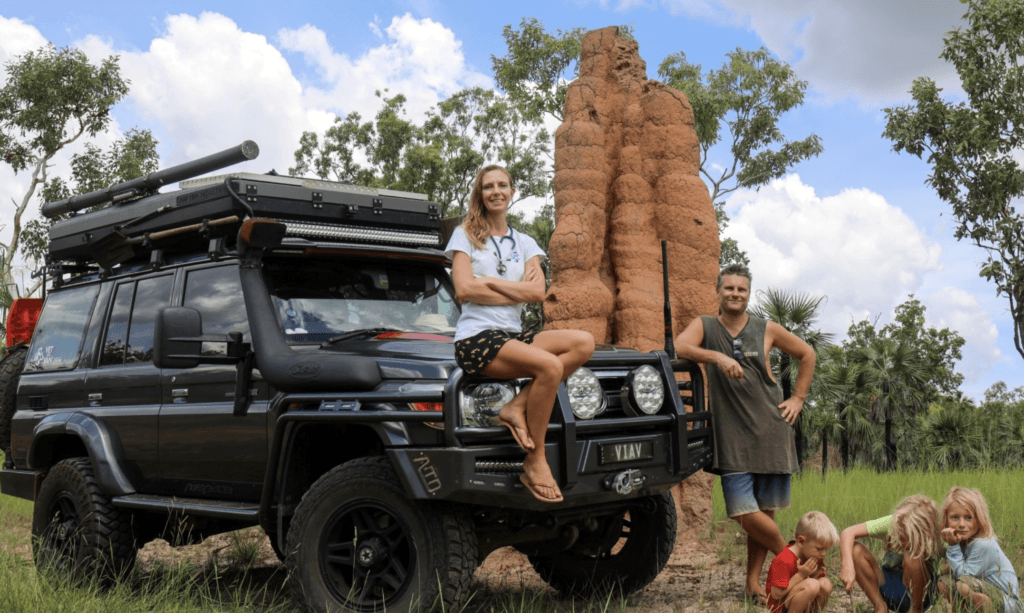
Things to consider before you travel with your dog
- First things first, you need to consider if travel will suit your dog (as it’s not suitable to some). Consider things like if they can cope with the constant change in environment, be happy in the car for long stints of travel, and will they be ok on a lead a lot of the time?
- You also need to ensure that your dog is up to date with their vaccinations and worming and be aware of any different parasites or diseases that may be present at your intended destination.
Do they require different medication or preventatives before you travel? For example, before travelling to Tasmania you need to treat dogs for hydatid tapeworm and ticks. - Is there a possibility of poison baits along your travels that can put your dog at risk? and if so, do you need to consider muzzle training for their safety?
- You also need to consider how you will secure your pet at your campsite and ensure they have an appropriate car restraint.
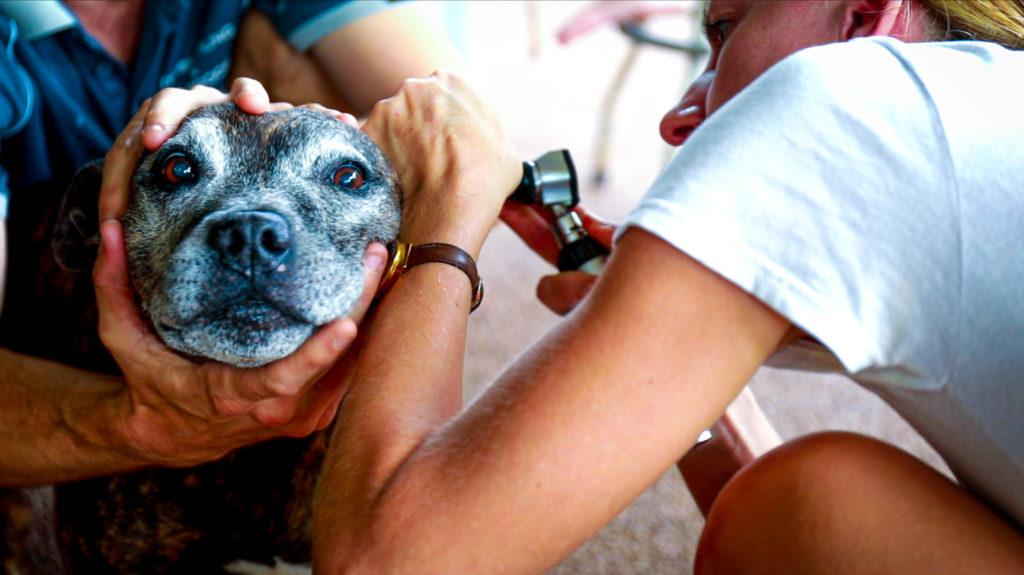
You will also need to be aware that there are some places, like National Parks, where you will not be able to take your dog. Will you be ok to make arrangements for a dog sitter or skip this location all together? Some compromises may be needed when taking your fur-baby with you on your travels but as you can see in our post ‘Caravanning & Camping with a Dog – Top tips from families on the road’ the joy they bring makes leaving them home not an option.
HOT TIP: There are plenty of places all around Australia where dogs are welcome. The Wikicamps app has a great filter for finding places where dogs are allowed as well as places that offer dog sitting.
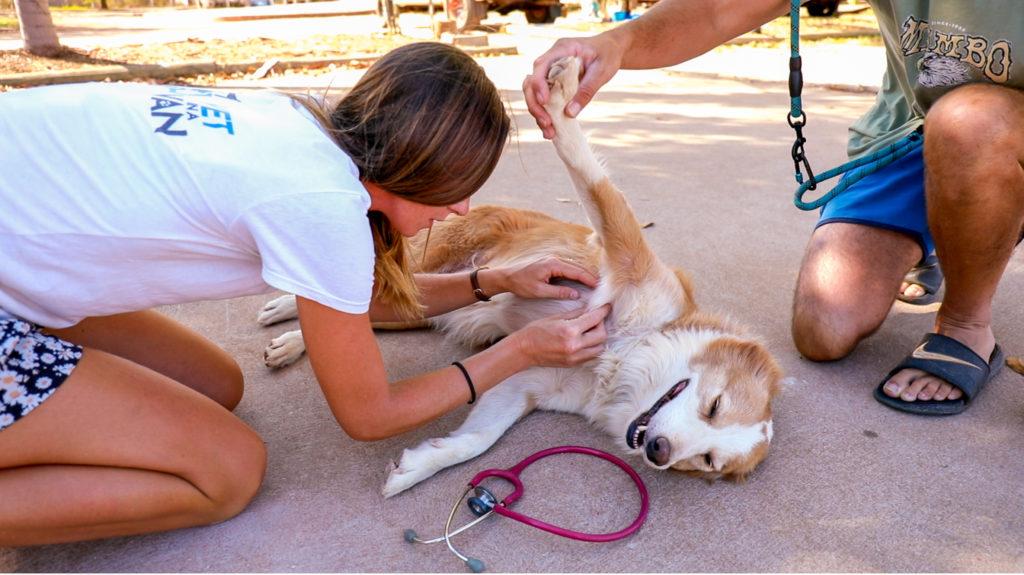
When on the road, what are the main things we should look out for to keep our dogs safe?
This is dependent on many factors.
Some risks are seasonal such as – Grass seeds, Leptospirosis during the tropical wet season or flooding over east. Thunderstorms during the wet season if your dog has noise/storm anxiety.
Other risks are relevant to location – like potential beach dangers (sea hares, puffer fish or blue-ringed octopus). Crocodiles up north, ticks in the north and east (not all tick preventatives are protective in all areas), baits near National Parks or stations; or the potential for heat stroke in warmer locations.
Snakes are a risk all over Australia, especially if you prefer off grid campsites, and snake avoidance training is possible if you think this is a risk for your dog (be sure to find a positive reinforcement trainer).
Keeping your pet secured and under supervision at all times can reduce a lot of these risks. Contact a local veterinarian prior to travel to find out the risks relevant to your destination, or if you’re doing a ‘lap’ or a longer trip then Dr Tania can provide advice based on your planned itinerary.
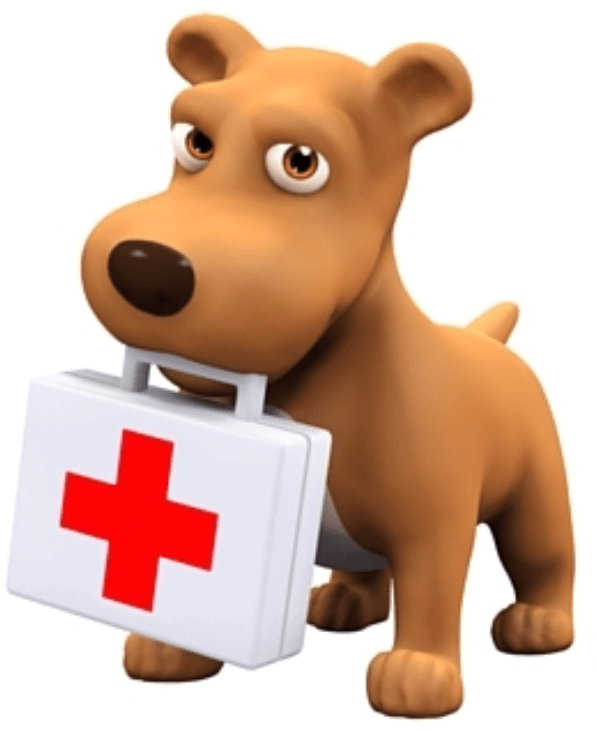
What would you suggest we include in our ‘doggy’ first aid kit?
Some basics that we find handy include:
- bandaging materials
- antiseptic like chlorhexidine or Betadine
- a tick removal tool
- tweezers and scissors
- any regular medications that your pet is using
- a pet-friendly sunscreen, especially if your dog or cat has a white nose/ears or likes to sunbathe
- mosquito/sandfly repellent
You should also travel with their vaccination certificate and any other relevant paperwork in case you need to visit a vet or use a boarding facility along the way.
There are some human medications that can be used in our pets like pain relief or antihistamines, but please speak to a veterinarian before administering any medications to your pet as some can cause more harm than good, not all medications suit all pets and doses are important.
A quick telehealth consultation for peace of mind or talking through first aid instructions can be invaluable.
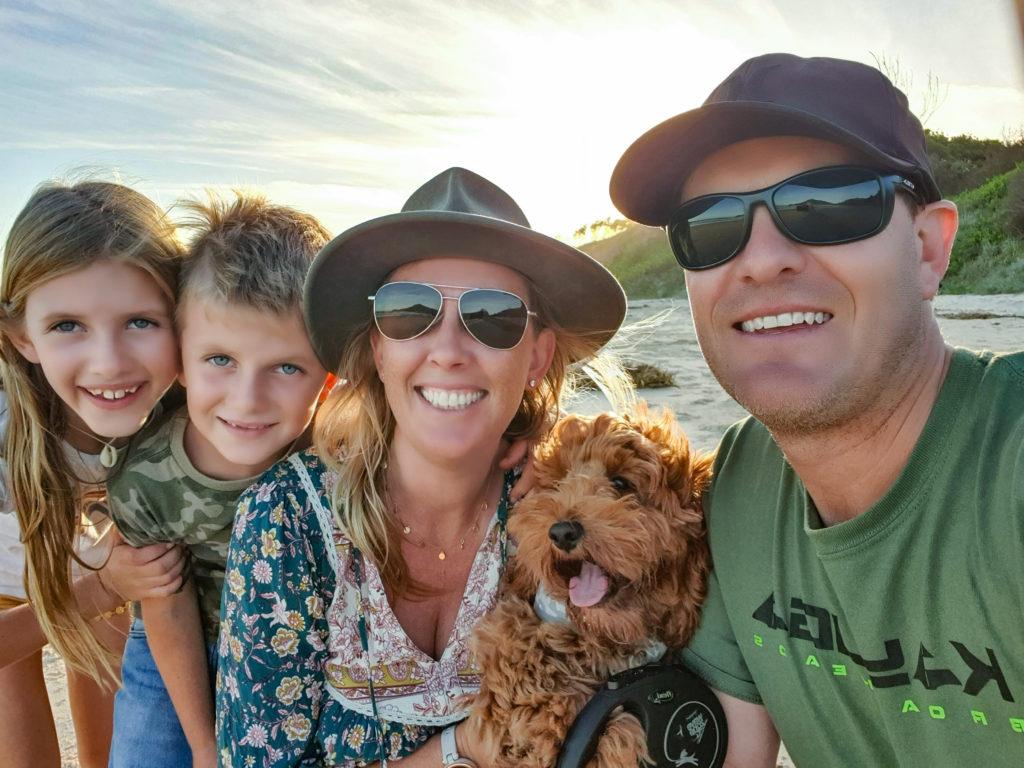
Any extra advice or words of wisdom for us Blondies and other first time dog travellers?
Routine, Routine, Routine!
Pets cope much better with the constantly changing environment and situations of travel if their basic routine is kept consistent. Keeping the timing and type of food and exercise the same (or allowing gradual rather than sudden change) makes for a happier relaxed pet. If you’re starting off with a puppy then try to expose them to as many different positive experiences as possible during the key socialisation period of 8 to 16 weeks of age (but safely, since they’re not fully vaccinated yet).
Allow time to get on top of any health issues (medical problems or things like travel anxiety) before you leave as it’s much harder to find a regular veterinarian or try to make improvements if issues get worse once on the road. But most of all, have fun and enjoy your travels!
Dr Tania offers telehealth consultations if you have any pet travel/health questions. Check out www.vetinavan.com.au for all the details along with some great practical pet travel information and health advice.
Meet Tania – ‘Vet in a van’
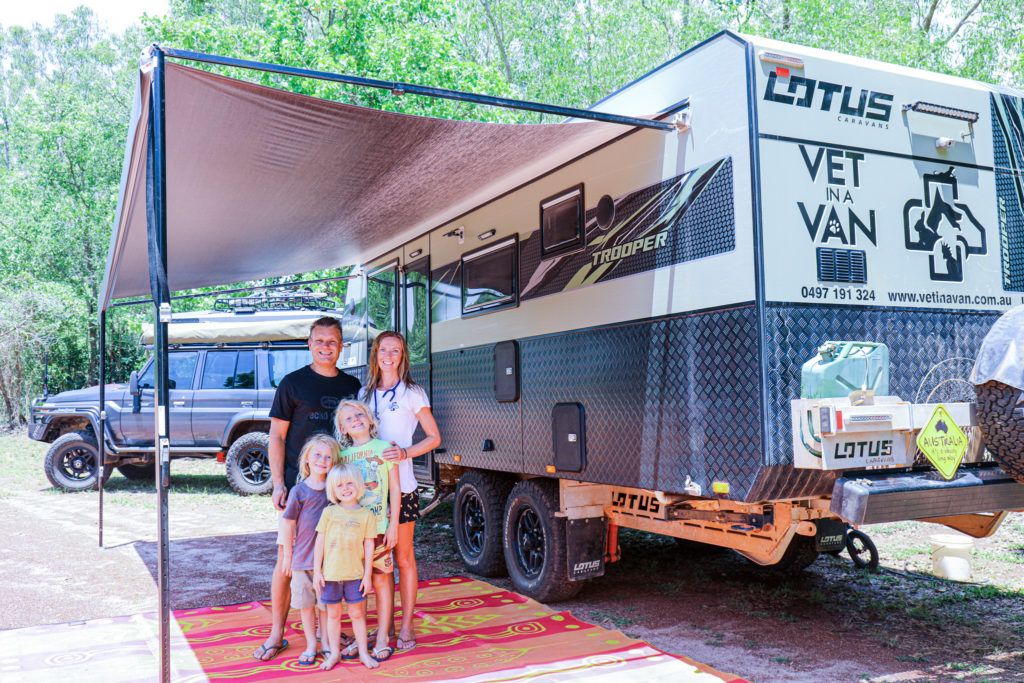
Dr Tania has combined her love of travel and animals by creating a mobile veterinary service whilst travelling full time around Australia for over 2 years with her family Marcus, Eli, Charlie and Toby.
She helps other travellers with their pets as well as residents of remote communities who have limited access to a veterinarian. Tania provides pet tele-health consultations as well as produces informative videos about travelling with pets for Let’s Go Caravan and Camping’s ‘Pet Passport series’. If you see Tania and her family on your travels, be sure to say hello.
You can also follow her adventures via @vet.in.a.van on Instagram, Facebook and Youtube.
Need more info? Read our post – Caravanning & Camping with a Dog – Top tips from families on the road
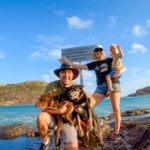
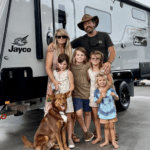

Pin this post to Pinterest:
You may also like:
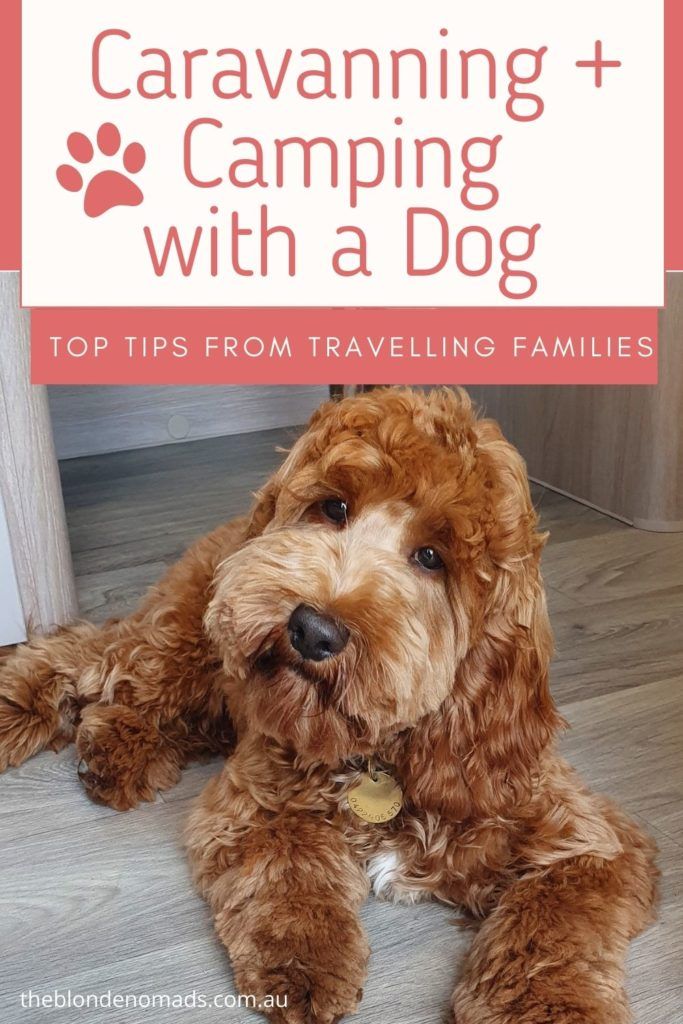
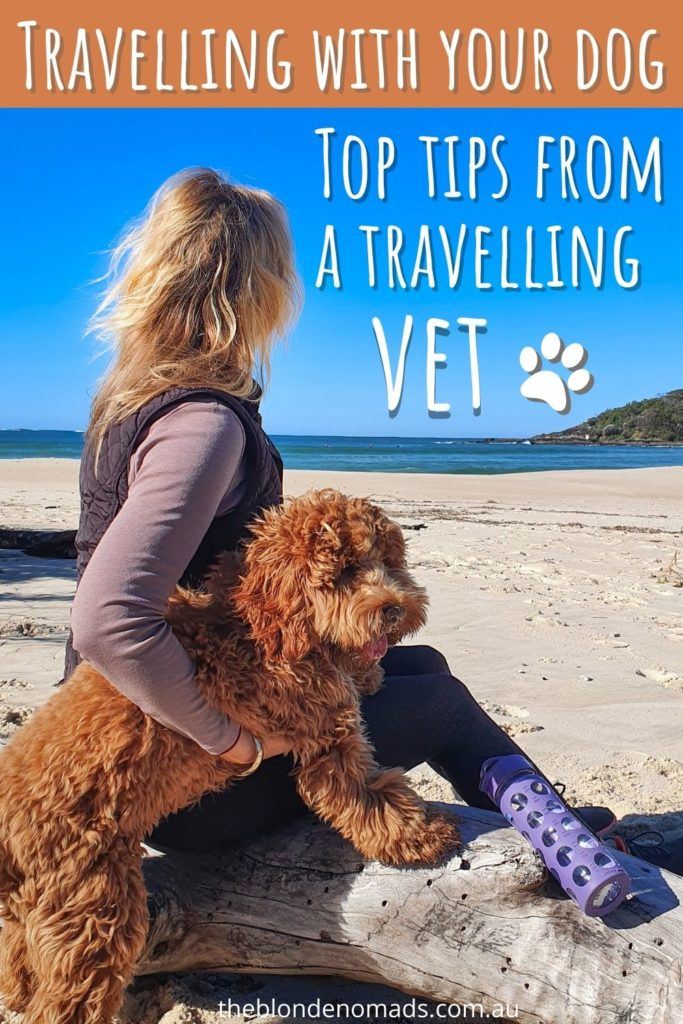
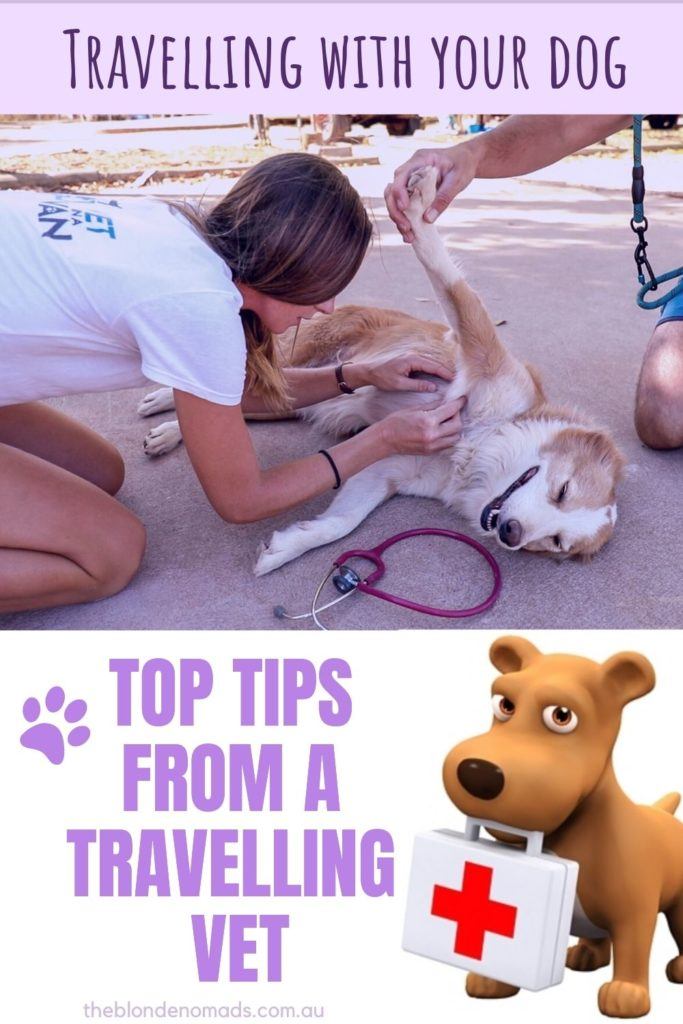


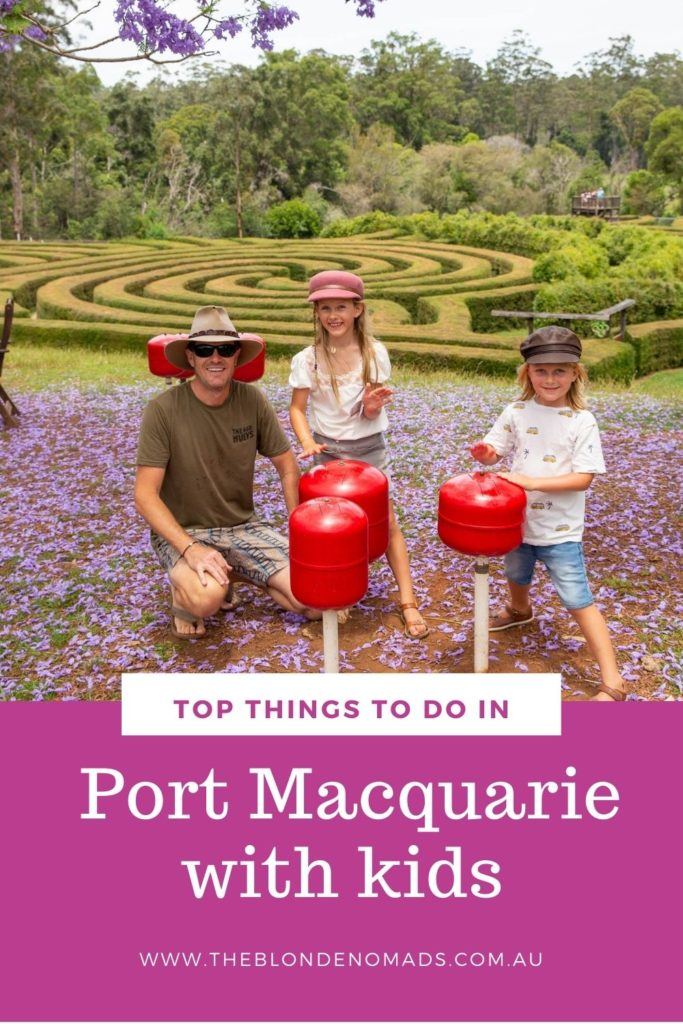
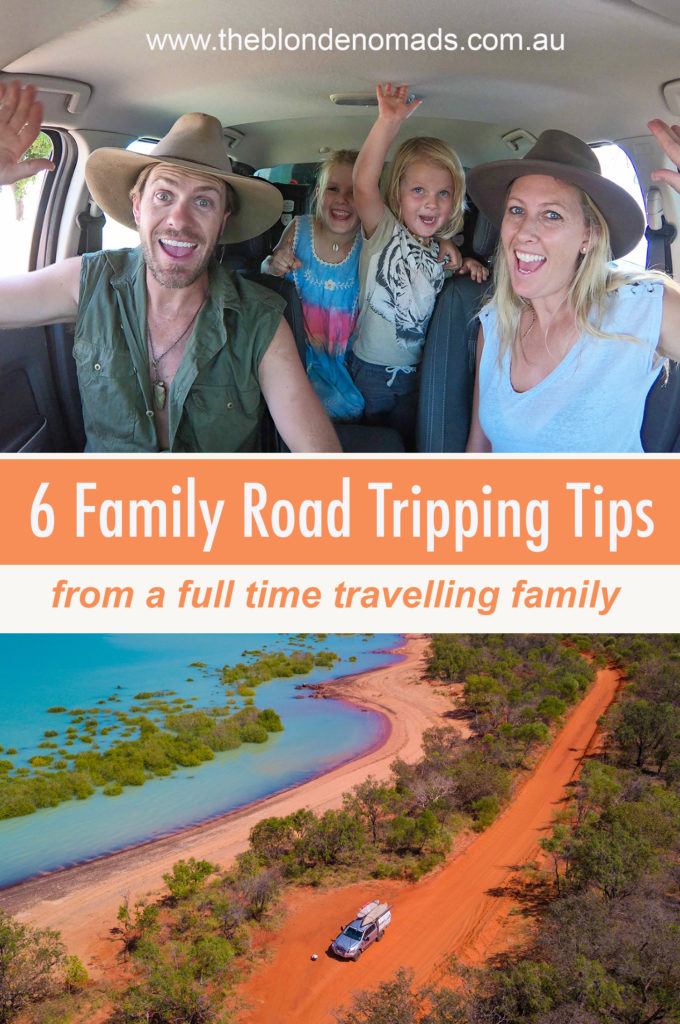
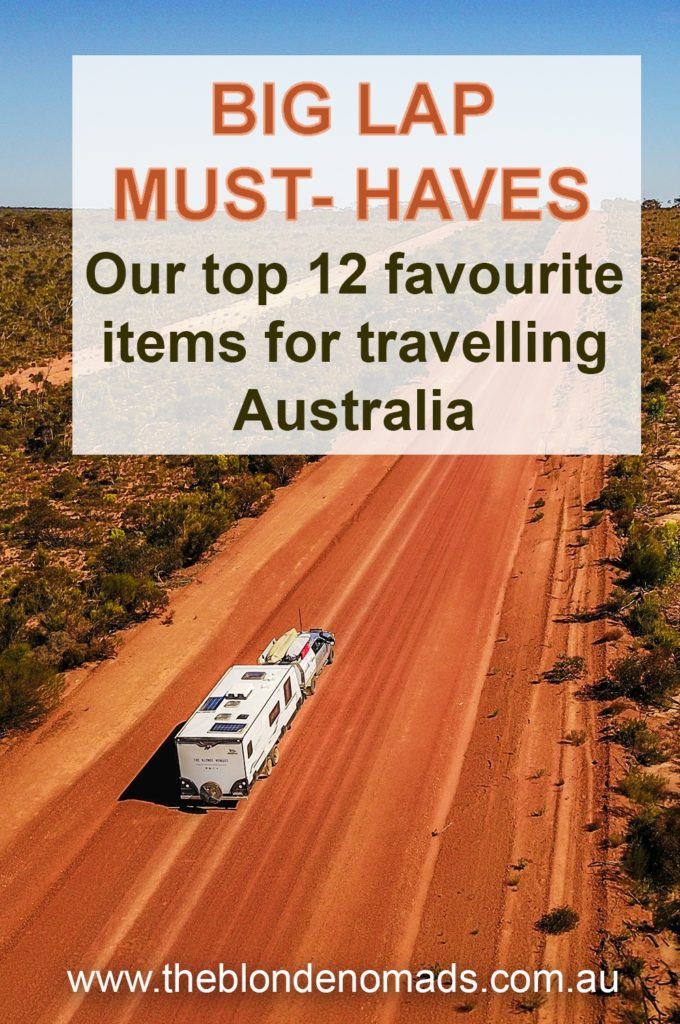
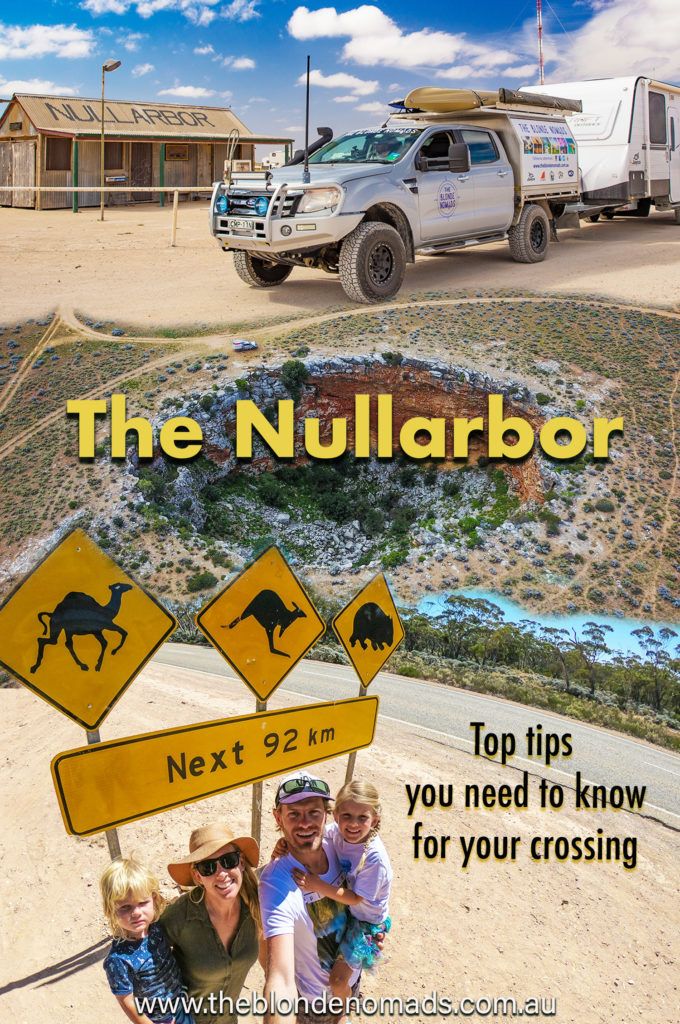

Leave a Reply